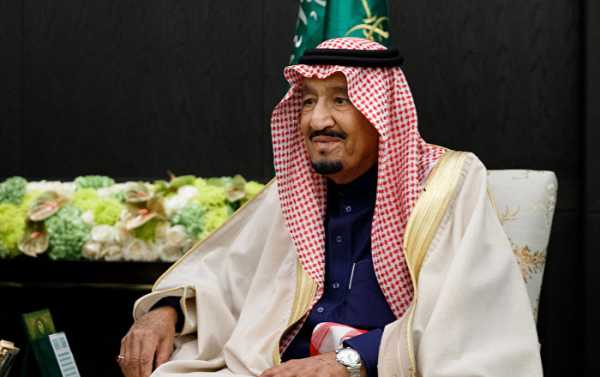
Late last week, Iran’s Oil Minister Bijan Zangeneh urged the Organization of Petroleum Exporting Countries (OPEC) to prevent some of its members from increasing output without arriving at a consensus.
Monday saw a downturn in global oil prices; the price of Benchmark Brent crude oil fell 0.8 percent to 78.54 dollars and West Texas Intermediate ebbed 0.25 percent, to 73.95 dollars.
The fall came as the Russian Energy Ministry said on Monday that the country’s oil output increased to 11.06 million barrels per day in June from 10.97 million barrels per day in May.
Saudi Arabia’s output is also on the rise and over the past few months, production has grown by 700,000 barrels per day, according to Reuters.
The developments were preceded by US President Donald Trump tweeting about his telephone talk with Saudi King Salman bin Abdulaziz Al Saud, who allegedly agreed to Washington’s proposal to increase Riyadh’s daily oil production to two million barrels.
Shortly after, the White House backtracked on Trump’s statement, saying that Riyadh is ready for measures aimed at stabilizing the oil market.
The Wall Street Journal in turn cited a high-ranking Saudi official as saying that Riyadh made no concrete promises to Trump but assured him of its ability to satisfy the market’s demands.
Last week, OPEC countries and other major oil producers that participated in the 2016 Vienna deal agreed on increasing production to one million barrels per day, which is the volume of the countries’ over-compliance with the agreement.
In late 2016, OPEC members and 11 non-OPEC countries struck a deal to reduce oil output by 1.8 million barrels per day compared to October 2016. The agreement, which was aimed at boosting oil prices, was prolonged twice, with the last extension set to be in force until the end of 2018.
Sourse: sputniknews.com






